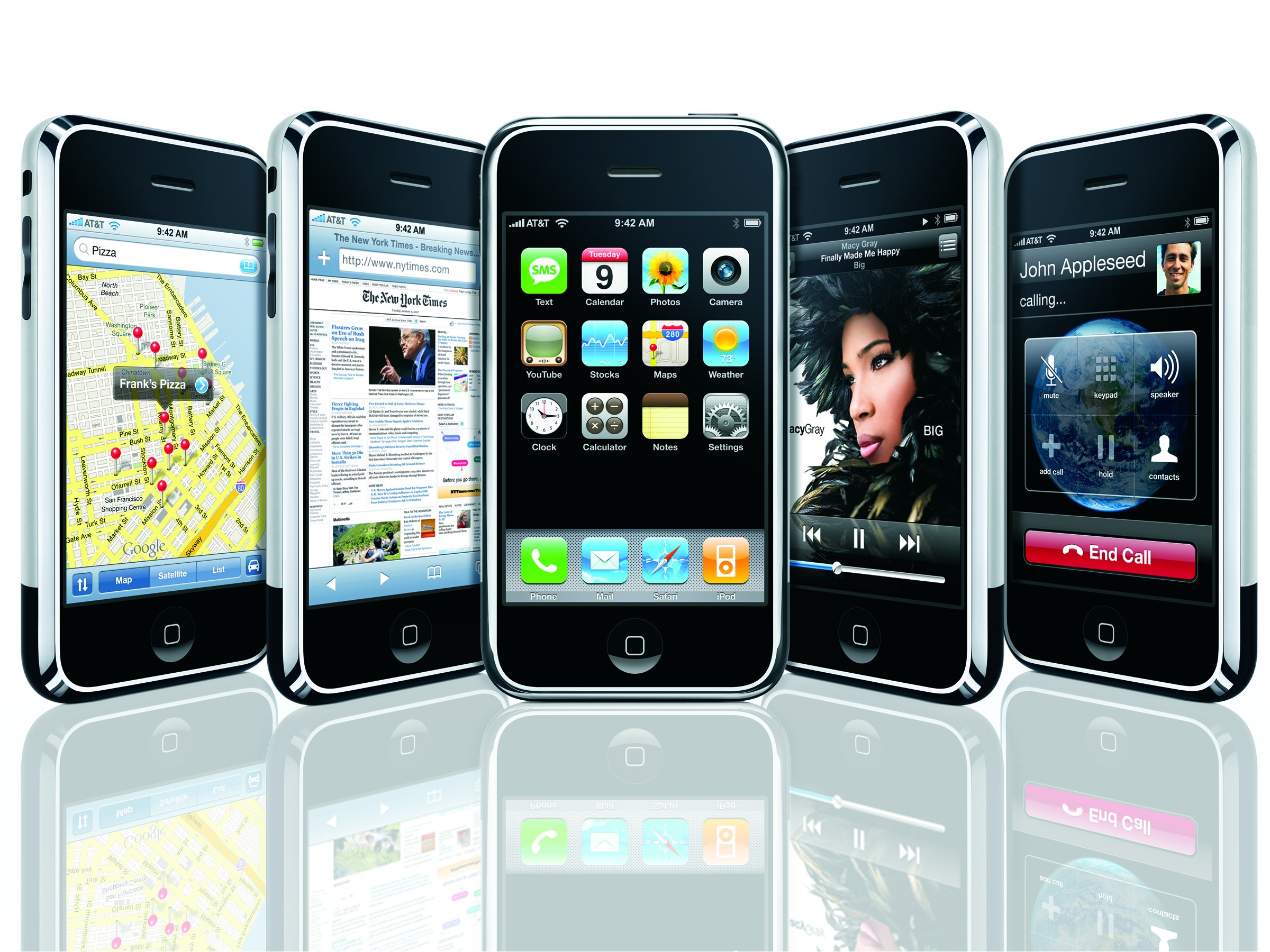How to protect your iPhone against hackers
Set to be primary target for drive-by attacks in 2008

The Apple iPhone will become the victim of a serious attack in 2008, according to the annual vulnerability forecast from Arbor's security and engineering response team.
A series of assaults are likely to come in the form of so-called drive-by attacks. This is where seemingly harmless information, images or other media is embedded with malware that performs dangerous actions when it's opened on the iPhone's Safari web browser.
iPhone users 'prime target'
The security forecast warns that hackers are eager to attack iPhone users, seeking the notoriety that will be brought to whoever manages to first hack the new platform.
"We shouldn't underestimate the fact that hackers are attention seekers," Jose Nazario, senior security engineer at Arbor Networks told Tech.co.uk.
"Whoever gets there first and manages to hack the Apple iPhone will gain notoriety among his or her peers, and that's worth a lot in their eyes," Nazario added. "The prevalence of the iPhone means that there is lots of prestige involved - it's just too juicy to resist."
He urged Apple iPhone users to make sure they download and install the latest firmware and security updates, just as you would on a computer. The usual advice of not visiting suspicious websites also applies.
Botnets also growing
Chinese cyber crime, botnets hijacking innocent computers and spam entering peer-to-peer networks will also be major issues next year, the forecast stated.
Get daily insight, inspiration and deals in your inbox
Sign up for breaking news, reviews, opinion, top tech deals, and more.
"2007 was the year of the browser exploit, the data breach, spyware and the storm worm. We expect 2008 to be the year of the Apple iPhone attack, the Chinese hacker, P2P network spammers and the hijacking of the Storm botnet," Nazario said.
"Online fraud is soaring and security attacks are now being used in countless and ever more sophisticated ways to both steal and launder money," he continued. He warned that data is now commonly sold on the black market, and "in 2008 this will continue to grow."